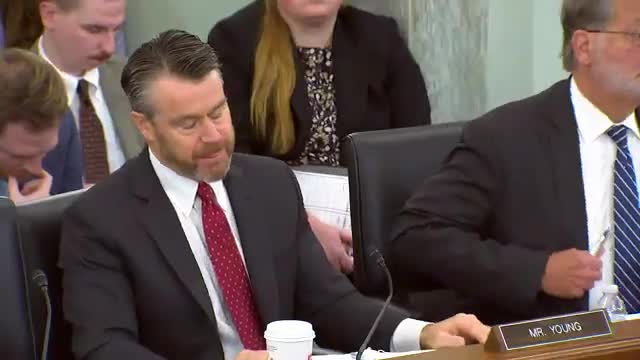Article not found
This article is no longer available. But don't worry—we've gathered other articles that discuss the same topic.
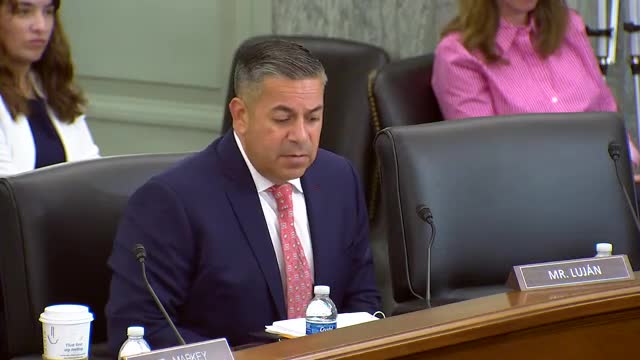
Senators press for consistent post‑crash drug and alcohol testing; witnesses split on hair testing
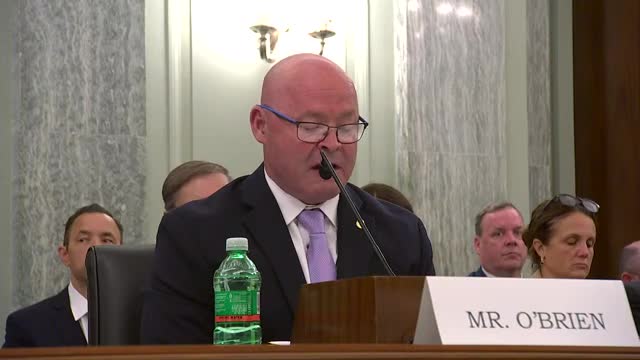
Teamsters tell senators Amazon’s subcontracting model shields company from safety accountability
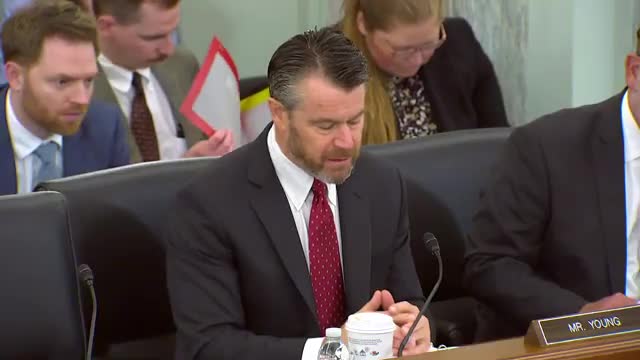
Committee hears calls for tougher federal response to rising cargo theft and freight fraud
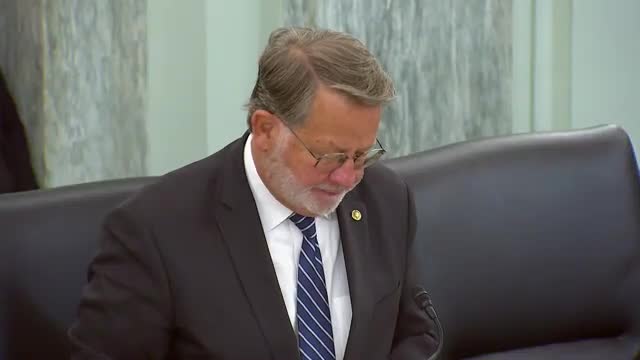
Senators and unions press for federal framework to govern autonomous commercial vehicles
